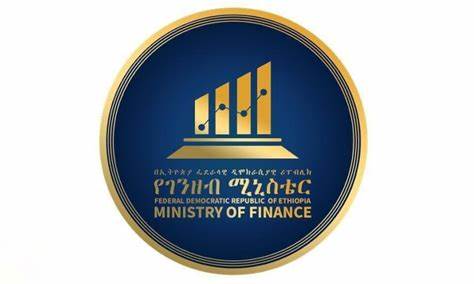Ethiopia has broadened the scope of import payments permitted under the franco valuta system, allowing more goods to be imported using foreign currency as the nation grapples with the effects of a sharp depreciation of the birr over the past two weeks.
In a recent letter, the Ministry of Finance instructed customs authorities to permit a wider range of goods to clear ports through franco valuta transactions, which enable direct payment in foreign currencies like the dollar or euro. This is in addition to the traditional letter of credit (LC) system, which relies on the local currency. The only exceptions to this new directive are vehicles, weapons, and intelligence equipment, according to the ministry’s communication.
This move is in line with new guidelines from the National Bank of Ethiopia, which aim to increase the use of hard-currency clearance options following the birr’s dramatic plunge—nearly 90 percent—after the currency was controversially floated on July 29.
Under the franco valuta system, importers can pay for goods directly in foreign currency, reducing their reliance on LCs. The government’s objective is to encourage the importation of essential goods to stabilize commodity markets, which have been disrupted by the currency float and ongoing double-digit inflation.
However, customs officials have expressed concerns that the relaxation of hard-currency transaction oversight could potentially facilitate illicit financial flows. In response, regulators are working to enhance compliance checks even as they implement the more flexible franco valuta system.
Source: BirrMetrics





















